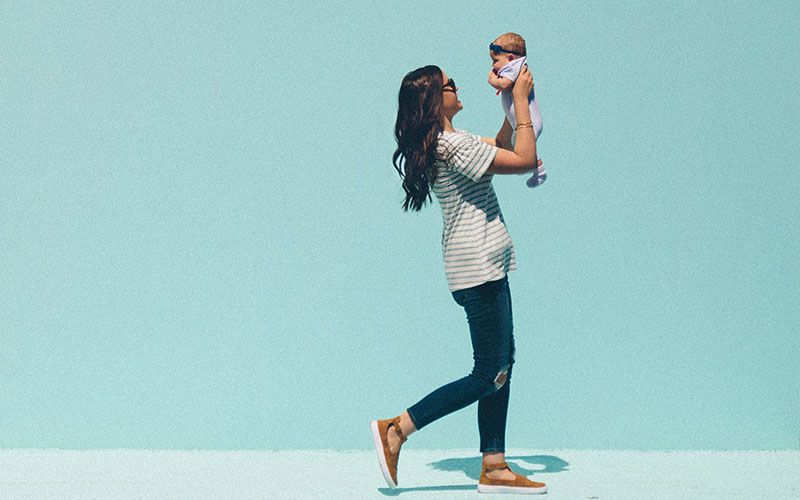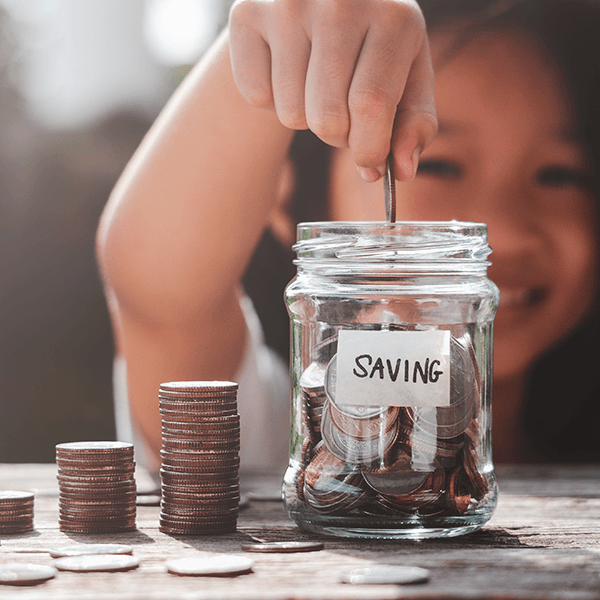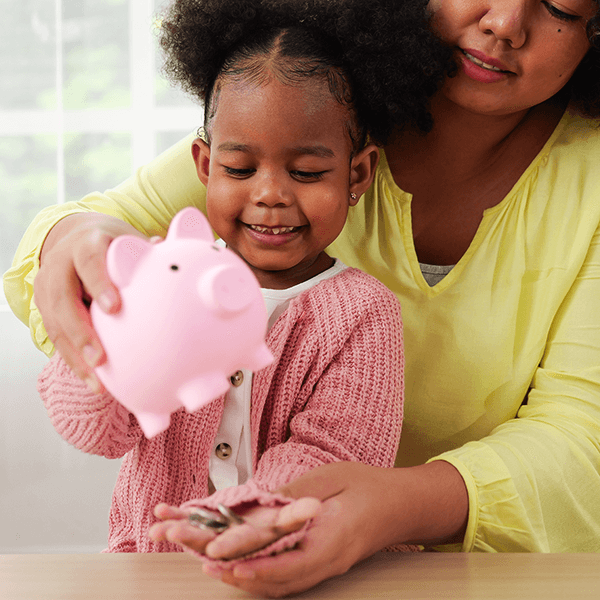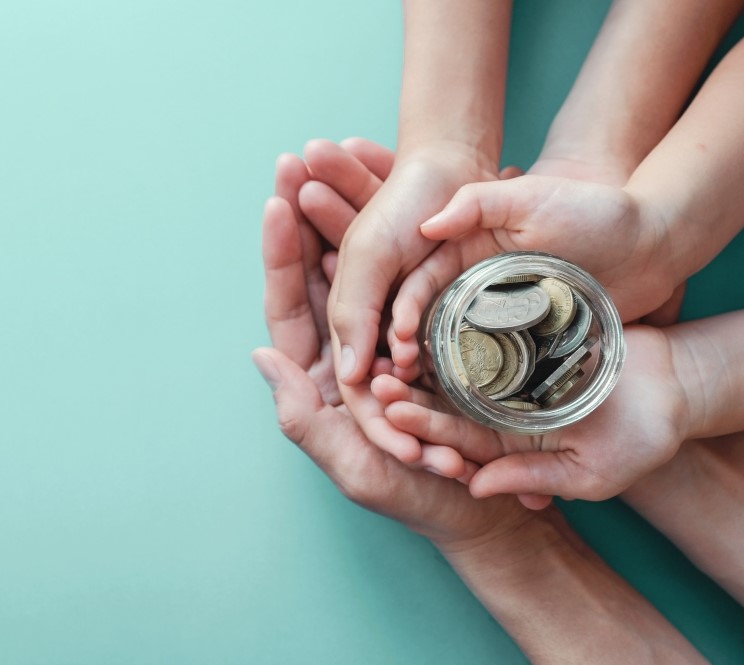Junior ISAs: everything you need to know
Junior ISAs (JISAs) are tax-free savings accounts for children. They can be opened by parents or legal guardians on behalf of a child and anyone can pay in. The child will get access to the money when they turn 18.
If you have a junior ISA in your name, find out what happens when your junior ISA matures.
What is a junior ISA (JISA)?
A JISA is a tax-free savings account for children. It can be opened by a parent or legal guardian on behalf of a child and anyone can pay in. The child will get access to the money when they turn 18.
JISAs are available in either cash or stocks and shares. The main difference is how they make money: cash JISAs earn interest, while stocks and sharesJISAs are invested in the stock market.
Children can have either or both but only £9,000 can be paid into a child's JISAs each tax year, even if they have more than one.
Find out what you need to know before opening a junior ISA:
What happens to a junior ISA (JISA) when the child turns 18?
When a child reaches 18, their junior ISA automatically becomes an adult ISA. This is called the JISA "maturing".
The child can then access the money and choose if they want to withdraw or invest it.
Find out more about junior ISA maturity:
What are the junior ISA (JISA) rules?
- You can pay up to £9,000 into JSAs in a child's name each year
- Only parents or legal guardians can open a JISA (but anyone can pay money in)
- The JISA belongs to the child, only they can ever touch the money and only when they turn 18.
Find out more about rules and eligibility:
How do junior ISAs (JISAs) compare to other ways to save for children?
JISAs aren't the only way to save money on behalf of a child. If you're interested in putting money aside for a child, you might like to think about things like:
- how old you want the child to be before they can access the money
- if you want the child to automatically take over when they reach 18
- how much risk you're comfortable taking
- what savings accounts the child already has
Find out more about different savings options for children:
How do junior ISAs (JISAs) affect tax and benefits?
Like all ISAs, there's no tax due on the money the child withdraws from their JISA.
In fact, JISAs could reduce how much inheritance tax your family needs to pay.
Putting money into a JISA doesn't affect your benefits, but if you have a JISA in your name it might affect the benefits you can claim once you turn 18.
Find out more about tax and benefits:





















